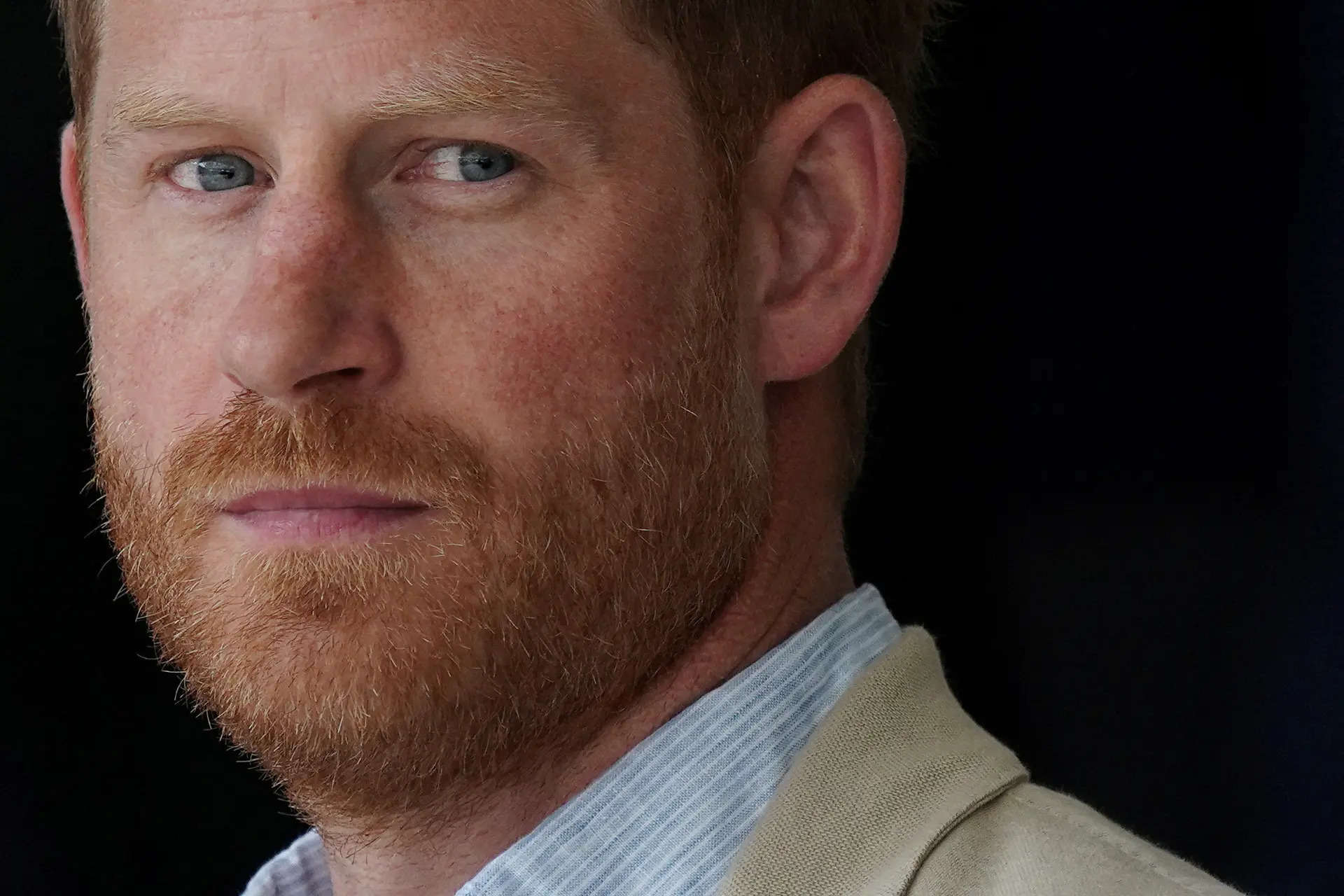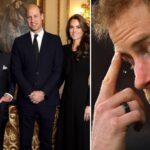As Prince Harry approaches his 40th birthday on Sunday, September 15, he’s set to receive a royal-sized payday – a whopping £7 million. This marks the final instalment of his share from the late Queen Mother‘s £19 million trust fund. And here’s the kicker: he won’t have to pay a penny of tax on it.
How does Harry sidestep inheritance tax?
For those of us wondering why HMRC isn’t knocking on Harry’s door for their slice, it all comes down to some rather nifty financial planning.Experts at Stocklytics, an investment company, have shed light on how the Royal Family has cleverly dodged the tax bill.
“With Prince Harry set to receive the final instalment of the Queen Mother’s trust fund, valued at £19 million, many Brits may be asking how much inheritance tax he’ll pay,” the analysts were quoted as saying by the Express. “Especially as the latest judicial reviews have cost the taxpayer £500,000 each.”
But according to Stocklytics, the Duke of Sussex won’t be parting with any of his windfall. “Due to the way the Queen Mother’s estate was planned and how long she lived, it is likely HMRC will not receive a penny in inheritance tax,” they explained.
Current UK regulations only slap inheritance tax on a trust if it’s set up within seven years of the benefactor’s death. Since the Queen Mother passed away in 2002, the trust falls safely outside that window. Had she died sooner, HMRC could have cashed in with up to £7.47 million.
Why Harry gets more than William
Surprisingly, Prince Harry is set to receive a bigger slice of the pie than his older brother, Prince William. This isn’t royal favoritism, though. It’s all thanks to the way the Royal Family’s finances are structured.
As the heir to the throne, William stands to inherit the enormous wealth of the Duchy of Cornwall, a private estate that finances the King’s successor’s activities. Because William has this future financial security, Harry is likely to pocket a bit more than half of the £14 million that was split between the brothers, reported the Express.
A royal loophole
Stocklytics analysts also pointed out that this is not the first time the Royal Family has danced around inheritance tax. They revealed that when the Queen Mother passed away, her estate—valued between £50 million and £70 million—was transferred to Queen Elizabeth II without a tax bill. Why? A deal struck with John Major’s government meant that the sovereign’s bequests are not liable for taxation.
In short, Harry’s fortune is growing, and the taxman isn’t invited to the party. As the experts from Stocklytics summed it up: “The Royal Family most likely had a detailed, long-standing financial plan to ensure wealth was transferred from generation to generation in a tax-efficient manner.” A win for Harry, and a neat trick for the Royals.
How does Harry sidestep inheritance tax?
For those of us wondering why HMRC isn’t knocking on Harry’s door for their slice, it all comes down to some rather nifty financial planning.Experts at Stocklytics, an investment company, have shed light on how the Royal Family has cleverly dodged the tax bill.
“With Prince Harry set to receive the final instalment of the Queen Mother’s trust fund, valued at £19 million, many Brits may be asking how much inheritance tax he’ll pay,” the analysts were quoted as saying by the Express. “Especially as the latest judicial reviews have cost the taxpayer £500,000 each.”
But according to Stocklytics, the Duke of Sussex won’t be parting with any of his windfall. “Due to the way the Queen Mother’s estate was planned and how long she lived, it is likely HMRC will not receive a penny in inheritance tax,” they explained.
Current UK regulations only slap inheritance tax on a trust if it’s set up within seven years of the benefactor’s death. Since the Queen Mother passed away in 2002, the trust falls safely outside that window. Had she died sooner, HMRC could have cashed in with up to £7.47 million.
Why Harry gets more than William
Surprisingly, Prince Harry is set to receive a bigger slice of the pie than his older brother, Prince William. This isn’t royal favoritism, though. It’s all thanks to the way the Royal Family’s finances are structured.
As the heir to the throne, William stands to inherit the enormous wealth of the Duchy of Cornwall, a private estate that finances the King’s successor’s activities. Because William has this future financial security, Harry is likely to pocket a bit more than half of the £14 million that was split between the brothers, reported the Express.
A royal loophole
Stocklytics analysts also pointed out that this is not the first time the Royal Family has danced around inheritance tax. They revealed that when the Queen Mother passed away, her estate—valued between £50 million and £70 million—was transferred to Queen Elizabeth II without a tax bill. Why? A deal struck with John Major’s government meant that the sovereign’s bequests are not liable for taxation.
In short, Harry’s fortune is growing, and the taxman isn’t invited to the party. As the experts from Stocklytics summed it up: “The Royal Family most likely had a detailed, long-standing financial plan to ensure wealth was transferred from generation to generation in a tax-efficient manner.” A win for Harry, and a neat trick for the Royals.
Source : Times of India







